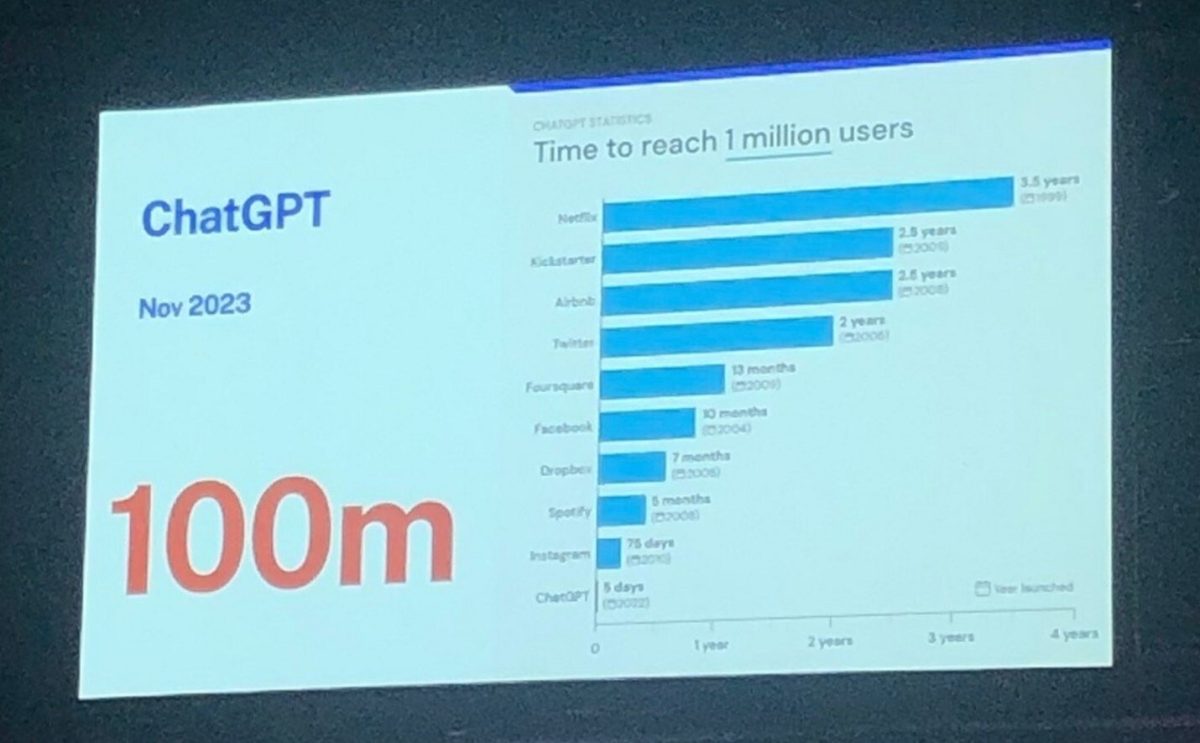Last week saw the largest gathering of privacy and data protection professionals in the world converge on Washington, DC. The IAPP’s Global Privacy Summit is two days of top privacy pros and regulators hashing out some of the most important issues of our time. In this age of generative artificial intelligence, finding the balance between soaking up all the good of these technologies and mitigating the very real harms is essential to a healthy and sustainable future on a global level.
Top takeaways from IAPP's Global Privacy Summit
Comedian Trevor Noah kicked off the conference by reiterating a message his mother taught him: “Plan for a world you may never see.” Talking about his upbringing as a child of a white father and Black mother in apartheid South Africa, Noah has a real understanding of the importance of privacy and his message resonated with the crowd.
Understanding the potential consequences of how our organizations, and our client organizations, process personal information is essential to the work of privacy professionals. Anticipating how new technologies—some that haven’t entered the public sphere or been invented—will interact with data is particularly challenging, especially with the dramatic rate of adoption.
One focus of GPS23 was AI, and more specifically generative AI. Nina Schick, author and GenAI expert, gave a stunning keynote highlighting AI generated videos of herself and talked about the ability for creators to “sign” their work, much like an artist would, as a way to build accountability mechanisms into AI creations.
In another session about AI, trust, privacy, and tech policy expert Anne Toth stated that she believes this technology could help us to cure cancer in her lifetime. Yet, some are calling for a ban on it out of fear of the negative consequences. The panel, also including Uber CPO Ruby Zefo, Prosus CPO Monika Tomaczak-Gorlikowska, and IPG Kinesso’s Sheila Colclasure, highlighted the need to find a way to mitigate the potential harms while continuing to reap the benefits. But this is nothing new—every new technology provides society with an opportunity and responsibility to squeeze out every drop of goodness while finding effective ways to reduce the inevitable harms that may occur.
Danielle Citron, in her thoughtful and eye-opening keynote on intimate privacy, provided heart wrenching examples of ways women have been violated by the non-consensual sharing of intimate images of them. Pair this knowledge with the ability to generate fake intimate imagery using AI and the harms become very real and very personal. How does one prove a video is fake? And how do you get the horse back in the barn once it’s out there?
Since entering privacy, one phrase has consistently bubbled up for me when listening to privacy and tech leaders: With great power, comes great responsibility. Generative AI represents a giant leap in what computers are capable of, and it’s imperative that we build data protection capabilities for technology we have yet to see.


